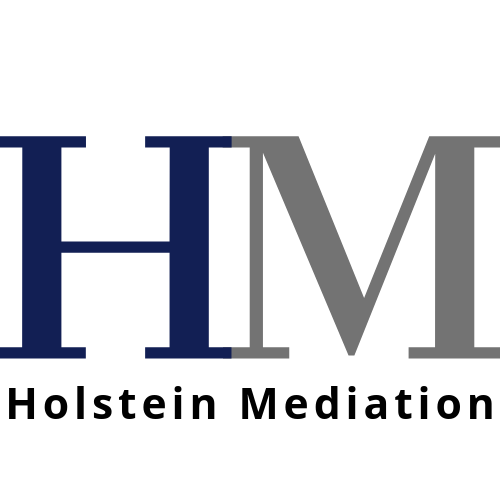The “Keep it Secret” Factor, a Mediation Myth
“I will not divulge to the other side anything that you consider confidential without your permission.”
Such is the gravamen of a mediator’s promise to the disputants, and it underlies the very foundation of private negotiations. Understandably, parties and their lawyers are obsessed with keeping anything they admit about the weakness of their case a secret. In other words, a pox on the mediator who does not honor the dictum: “this is for your eyes and ears only! We’re only telling you this because it might help settle the case, even though it’s against our self-interest.” The fear of telling too much is even greater if mediation fails, because the disclosing party may well want to take a completely opposite position in the re-activated litigation the following week, or month, or at trial. Mediation ethics rules essentially prohibit anything disclosed during mediation from use in a subsequent proceeding but an admitted “bad fact” by the other side is hard to forget.
Pre-mediation statements prepared for the mediator - “for the mediator’s eyes only” - offer a concrete way for the parties to think through their respective cases, and for the mediator to begin mapping a plan for settlement. It is extraordinarily difficult for advocates to concede weakness; observe the failed attempts by many lawyers to write a “non-adversarial” statement of the case in a summary judgment brief. But in virtually every mediation, especially those occurring before the complaint is filed or even drafted, the parties simply do not grasp how the other side is framing its case. Particularly for individual plaintiffs who have little or no experience with litigation, the notion of how the other side could “sound good” to a jury is unfathomable.
Thus, if a mediator wants to show part, or all, of a carefully constructed pre-mediation statement to the other side, it’s a good sign. It means the argument put forth is at least somewhat, if not entirely, convincing. Likewise, by seeking permission to disclose a fact or argument previously kept hidden, the mediator is signaling that not only will the new disclosure aide possible settlement, but conversely, the “hidden” information will inevitably come out in the case anyway. By being transparent (“candid”), a party gains the mediator’s trust and very possibly causes a little embarrassment for the obfuscating party and lawyer on the other side too.

